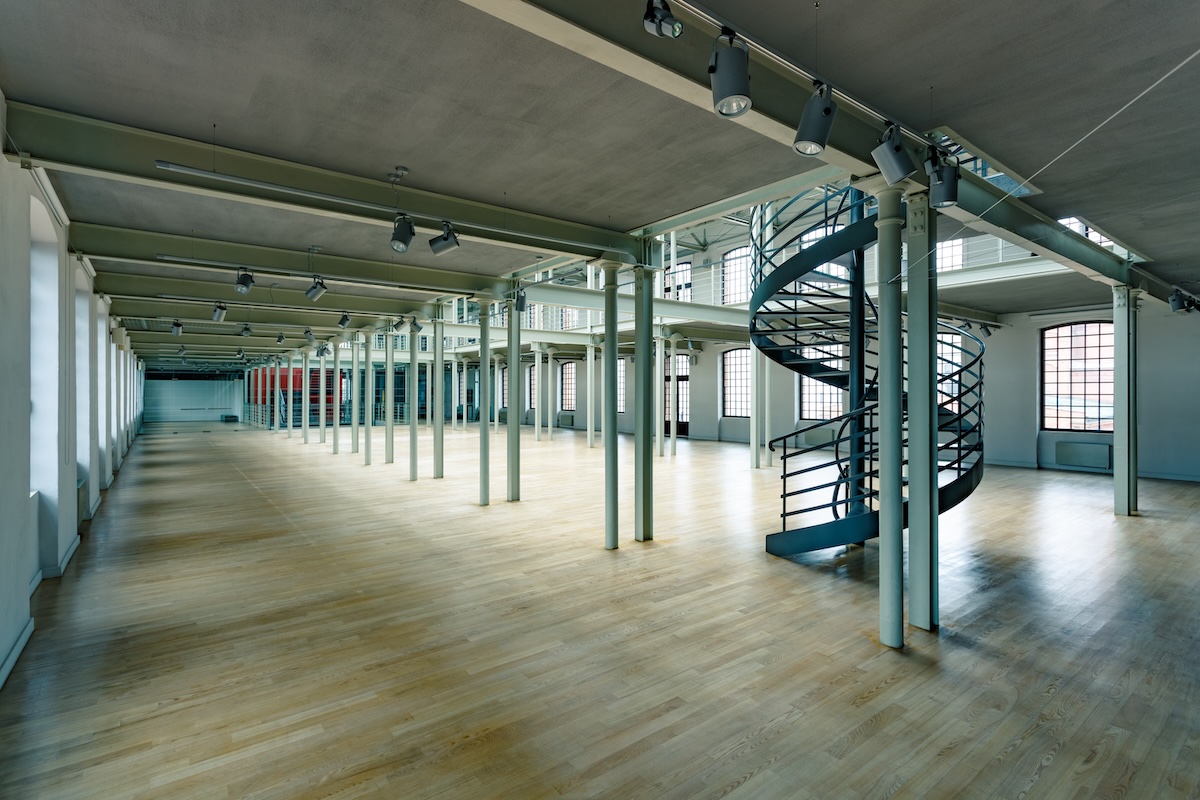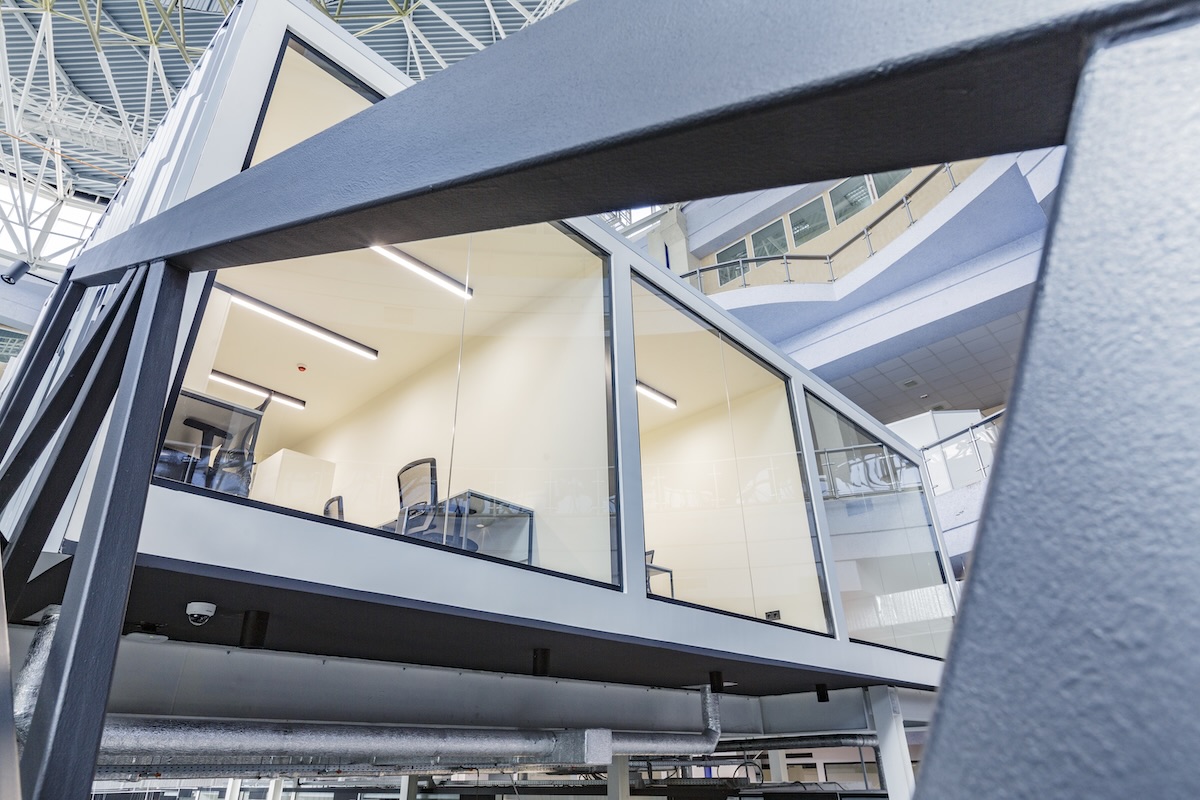Structural integrity is an important consideration for any mezzanine floor.
How much weight the floor can safely hold is something that needs to be determined during the planning stage of the build. The structural rating of the floor also needs to be reviewed throughout the lifespan of the mezzanine to ensure it remains sufficient and ultimately compliant with building regulations.
At The Mezzanine Company, we build and maintain mezzanine flooring for our clients across the UK.
If you have any concerns about the structural integrity of your mezzanine flooring, then please contact us today for further advice.
In the meantime, here is what you need to know about load capacities for mezzanine floors.
UK Load Capacities Explained
When we refer to load capacity, we are explaining the maximum amount of weight or force that a mezzanine structure can safely support without risk of damage or failure.
Providing a specific figure for the load rating is complex, as the load capacity must also consider the environmental conditions to determine the rating.
Mezzanine floor load capacity is usually expressed in kilonewtons per square metre (kN/m²) or kilograms per square metre (kg/m²). 1 kN/m² equates to 100 kg/m².
Mezzanine Load Capacities Based On Usage Scenarios
Mezzanine floors can be built to serve many requirements, such as providing additional storage space, office space, or warehousing space. More intense industrial requirements, including housing machinery or production lines can also be accommodated.
However, as you might expect, the intended usage of a mezzanine floor will impact its required load capacity.
The exact load capacity would need to be determined during the survey stage of the build, and also reviewed at key intervals.
But to give you an example, these are some of the expected load capacity requirements based on the usage scenario of the mezzanine:
Medium storage mezzanine – 7.2 kN/m² (≈ 720 kg/m²)
Heavy storage mezzanine – up to 9.6 kN/m²
Specialised industrial mezzanine – Exceeding 10 kN/m² (sometimes up to 4,000 kg/m²)
Other Considerations
A benefit of being able to fully customise mezzanine floors is that additional factors, including those that have the potential to compromise safety can easily be addressed. Here at The Mezzanine Company, we create tailored solutions for our clients based on the specifics of the job.
When it comes to meeting any load capacity requirements, there are some other key considerations which may impact how much structural support is needed:
Dynamic effects – If the mezzanine floor is used for industrial purposes, it may be subject to dynamic loads from pallets, pallet trucks, conveyors or machinery. Higher safety standards may need to be applied based on vibration or deflection limits.
Concentrated loads – Mezzanine floors are often built specifically to provide some much-needed storage space. However, concentrated loads due to shelving or racking may result in several tonnes being applied to small contact points. Spreader plates may need to be used to distribute the load.
Mezzanine staircases – It’s easy to overlook the load capacity of staircases attached to mezzanines, which also need to meet the load demands. Staircases must handle industrial line loads (BS 5395 / Part K).
Fire safety – Likewise, fire safety remains an important consideration even for the topic of load capacity. Larger mezzanines require specific measures such as intumescent coatings, fireboard or sprinklers.
How To Know If A Mezzanine Floor Meets Safety Requirements
In a previous post, we explained the importance of getting your mezzanine floor inspected annually.
Regular inspection and maintenance are also important for ensuring the load capacity of your mezzanine floor still meets the applicable laws and regulations.
When a mezzanine floor has been constructed by a reputable firm, then signage and paperwork should also clearly state the load capacity ratings of the structure. Design certifications and building control should also be able to confirm any details.
However, if there are any doubts, or if there is a planned change of use of the mezzanine floor, then expert guidance should be sought without delay. That’s because understanding the load capacity (and all other safety requirements) is necessary both for worker safety and protecting stock and equipment.
Is It Time To Upgrade Your Mezzanine Floor? Contact Us Today
Whether you are planning on building a mezzanine floor or upgrading your existing one including to increase load capacity, the experts here at The Mezzanine Company are here to help.
Our company is based in Nottingham, but our work takes us across the East Midlands and beyond.
Let us know how we can help by filling out our contact form or giving us a call on 0115 647 4717.




